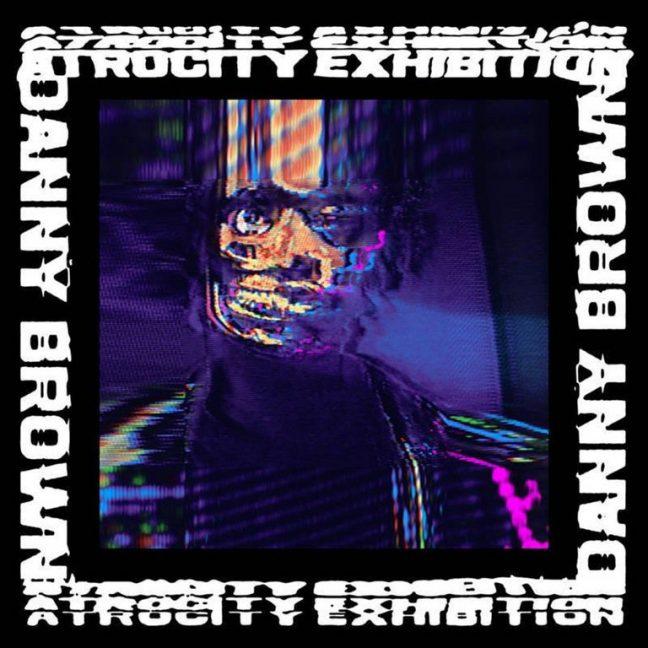Detroit’s grimiest and darkest rapper is back with his third and potentially best full-length album.
Atrocity Exhibition shows a side of Danny Brown that listeners haven’t quite seen before. He maintains the dark, uncomfortable vibes that have been on his previous projects, but takes things to an entirely new level of experimentation.
Brown is famous for his unique voice, almost yelling over his beats with a distinct punctuality. On Atrocity Exhibition, Brown tones it down and the result is some of his most emotional work.
He drops so low on the track “Tell Me What I Don’t Know,” it almost comes across as a spoken-word history of Brown’s high school life.
This doesn’t mean Atrocity Exhibition is a slow-paced album, though. Brown still shows off his unbelievably high-energy style of rapping. For both “Ain’t It Funny” and “Golddust,” Danny Brown still drops bangers. Unlike his previous projects, however, these hard-hitters show no glorification of drugs and continue play into the depressive tone of the album, except with an upbeat context.
Atrocity Exhibition comes off as an explicit tale of Danny Brown’s personal story. Brown doesn’t exclusively rap about Detroit, but every element discusses the hardships from his childhood there, which he brings out in tracks like “Downward Spiral” and “Lost.”
What plays into Danny Brown’s album more than anything is the tone of production. The music plays out like a horror film scored with hip-hop production.
There is a shiver-inducing element to almost every song, similar to the overt tambourine hits on “Rolling Stone.” This production value is strong on the album, but not stellar at times.
While Atrocity Exhibition is fairly consistent with obscure themes, tracks like “Lost” and “From The Ground” have random moments of soul that, even though pretty and enjoyable, don’t quite fit the album’s theme.
The smooth flow of the hit “Really Doe” also combats the general theme, where Kendrick Lamar’s hook pushes the track forward and Earl Sweatshirt raps an incredibly strong, aggravated verse. Even Ab-Soul’s verse doesn’t suck on the track.
Atrocity Exhibition, as a whole, is not necessarily an enjoyable listen. The album is rough, dismal and narrates tough realities.
As a listener, these uncomfortable feelings are fascinating and mark inspiring artwork, regardless of how peculiar it may be.
This isn’t an everyday listen for fears of overt pity or assimilating depression, but Atrocity Exhibition is an important album nonetheless.


